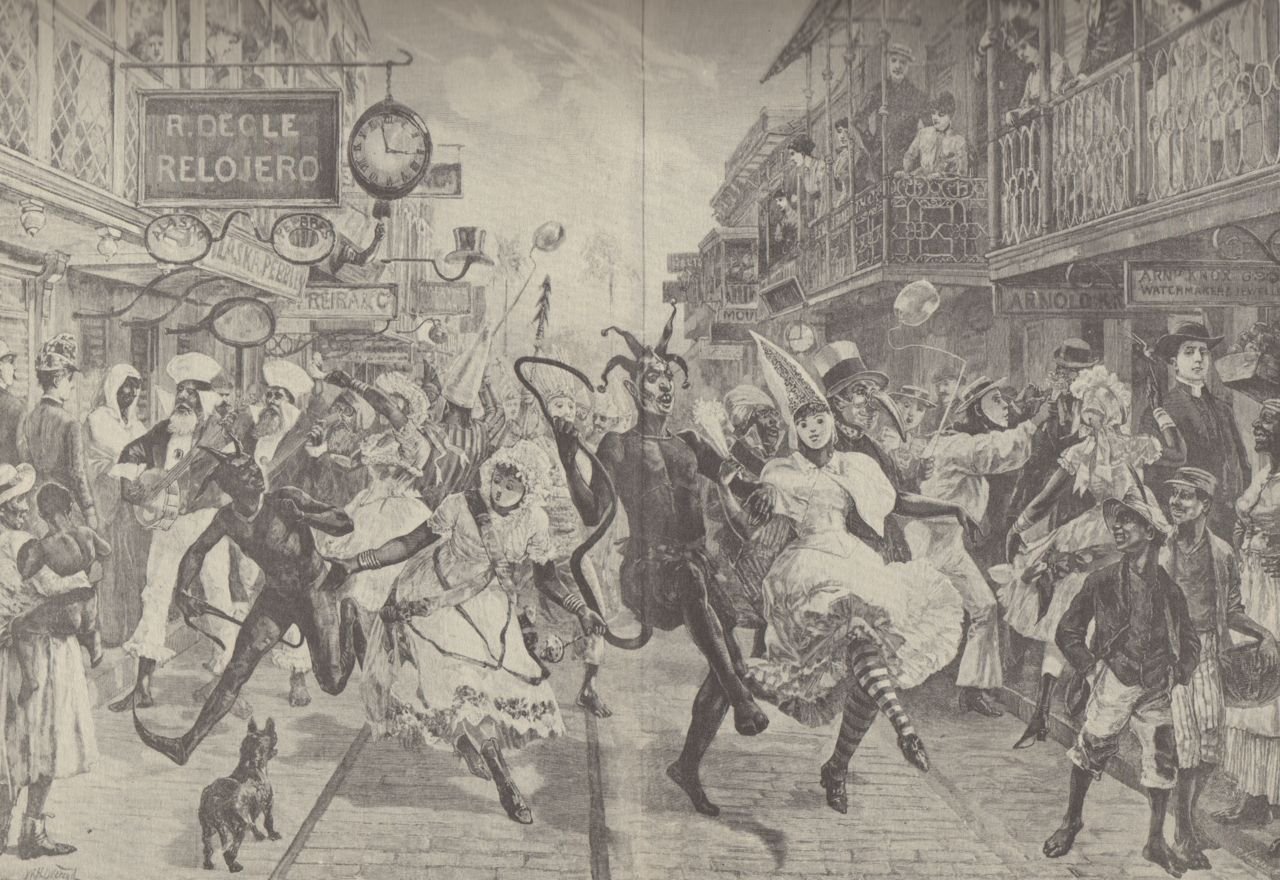Black Atlantis: The Plantationocene
Black Atlantis is a multi-part, live audio-visual essay that looks at possible afterlives of the Black Atlantic: in contemporary illegalized migration at sea, in oceanic environments, through Afrofuturistic dancefloors and soundsystems, and in outer space. Black Atlantis combines two conversations - afrofuturism and the anthropocene. It takes as point of departure Drexciya, the late 20th century electronic music duo from Detroit, and their creation of a sonic, fictional world. Through liner notes and track titles, Drexciya take the Black Atlantic below the water with their imaginary of an Atlantis comprised of former slaves who have adapted to living underwater. This wetness brings to the table a sense of the haptic, the sensory, the bodily, and the epidermal. What below-the-water and Atlantis brings back is the bottom of the sea, the volume of the water, the materiality of the space of the ocean, and other protagonists that inhabit the sea.
Black Atlantis: The Plantationocene is the documentation of a live audio-visual essay, or live powerpoint cinema. It asks: what is the relationship between climate change and plantation economies, and how might we begin to think of a watery plantationocene? It revolves around two islands: a former plantation in St George’s Parish in Barbados, and the port city of Port of Spain in Trinidad: visiting the heartland of one of the three stops of the triangular trade, and taking seriously Donna Haraway’s and Anna Tsing’s use of the term ‘plantationocene’ which connects the development of a plantation form of production to the beginning of the current geological era that we are in.
The performance will be proceeded by a conversation between Hameed and Carmen Lael Hines, co-curator of Bordering Plants.
Ayesha Hameed (London, UK) explores the legacies of indentureship and slavery through the figures of the Atlantic and Indian Oceans. Her Afrofuturist approach combines performance, sound essays, videos, and lectures. Hameed examines the mnemonic power of these media – their capacity to transform the body into a body that remembers. The motifs of water, borders, and displacement, recurrent in her work, offer a reflection on migration stories and materialities and, more broadly, on the relations between human beings and what they imagine as nature.
Recent exhibitions include solo exhibitions at Kunstinstituut Melly, Netherlands (2022) and Bonniers Konsthall, Sweden (2022); group exhibitions at Zeitz MOCAA, South Africa (2022); Liverpool Biennale, UK (2021); MOMENTA Biennale, Canada (2021); Gothenburg Biennial, Sweden (2019, 2021); Lubumbashi Biennale, DRC (2019); and the Dakar Biennale, Senegal (2018). She recently co-directed the residency The Weapon of Theory as a Conference of Birds at the Banff Centre for Arts and Creativity (2022) and was an Art Explora Resident at Cité international des arts Paris (2023). She is co-editor of Futures and Fictions (Repeater, 2017) and co-author of Visual Cultures as Time Travel (Sternberg/MIT, 2021). She is currently a Senior Lecturer in Visual Cultures at Goldsmiths, University of London, and a Kone Foundation Research Fellow.
